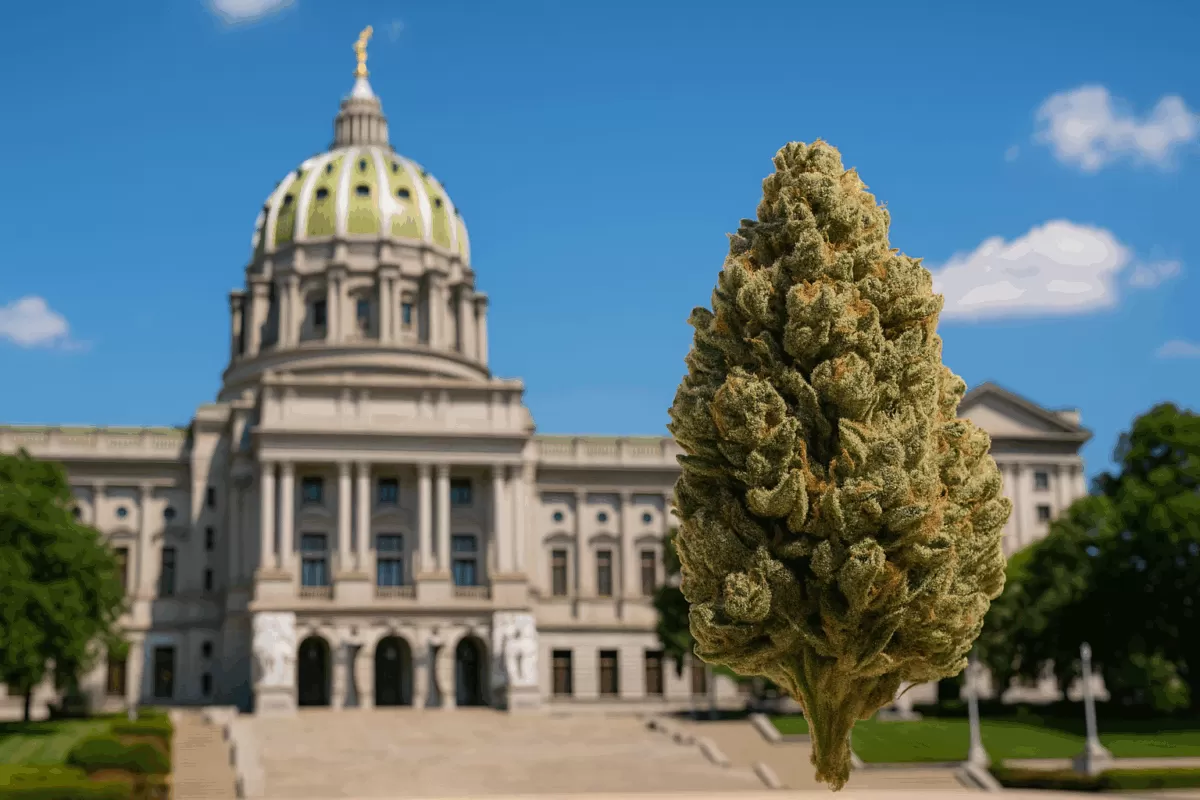Unprecedented Halt by the AMCC
In a surprising move, the Alabama Medical Cannabis Commission (AMCC) suspended the issuance of medical cannabis business licenses last Friday. This decision comes as a result of “potential inconsistencies” discovered within the applicant scoring system.
The Inconsistencies Discovered
Dr. Steven Stokes, the AMCC’s chairman, led the motion to halt all license-related proceedings. The commission collectively agreed to this move. Stokes commended the AMCC staff’s diligence, stating their action circumvented a likely crisis.
The Suspension and Its Implications
The decision by the Alabama Medical Cannabis Commission has sweeping effects on several procedural requirements. Firstly, successful license applicants from June 12 are no longer required to pay their license fees by June 26. Similarly, applicants who were not awarded a license do not need to request an investigative hearing by the same deadline.
Looking Forward
The Alabama Medical Cannabis Commission’s decision to pause license issuances will affect licenses due to be issued on July 10, delaying them until the stay is lifted. John McMillan, the AMCC Director, has pledged to promptly and thoroughly address the identified inconsistencies.
Responses from Affected Parties

Reactions from those involved have been mixed. Antoine Mordican Sr., CEO of Native Black Cultivation, was notably optimistic about the announcement, lauding the AMCC’s commitment to rectifying the problem. He expressed his trust in the AMCC to carry out a fair and unbiased reevaluation.
The Future of Alabama’s Medical Cannabis Sector
In light of this development, the AMCC officials are keen on ensuring that medical cannabis products will be available late this year or early next. Potential lawsuits are also acknowledged as a possible delay factor. A follow-up meeting by the AMCC is scheduled for June 29 to address these and other arising issues.
Potential Impact on Alabama’s Cannabis Industry
With the Alabama Medical Cannabis Commission’s recent announcement, there are numerous questions regarding how this will influence Alabama’s medical cannabis landscape. On the surface, it presents a temporary setback, particularly for those companies expecting to kickstart their operations upon receiving their licenses.
However, this move by the AMCC could be viewed as a positive step in ensuring fairness and transparency within the industry. The willingness to halt the process, analyze, and rectify issues demonstrates the commission’s dedication to setting a solid foundation for medical cannabis in Alabama.
This commitment to integrity not only reassures existing applicants, but it also sends a strong message to potential investors. It suggests that Alabama’s medical cannabis sector is regulated with the utmost diligence and professionalism.
Furthermore, it opens an opportunity for the AMCC to refine its scoring system. This refining process could lead to improved procedures that ensure the deserving businesses flourish in Alabama’s medical cannabis industry.
Despite the short-term uncertainty, the stay could very well strengthen the industry’s long-term sustainability and growth. As the world watches, the next steps taken by the AMCC could set a precedent for regulatory bodies in other regions looking to establish their medical cannabis sectors.












